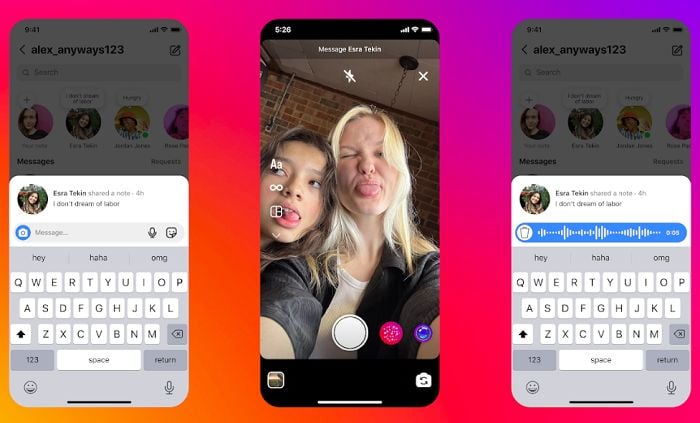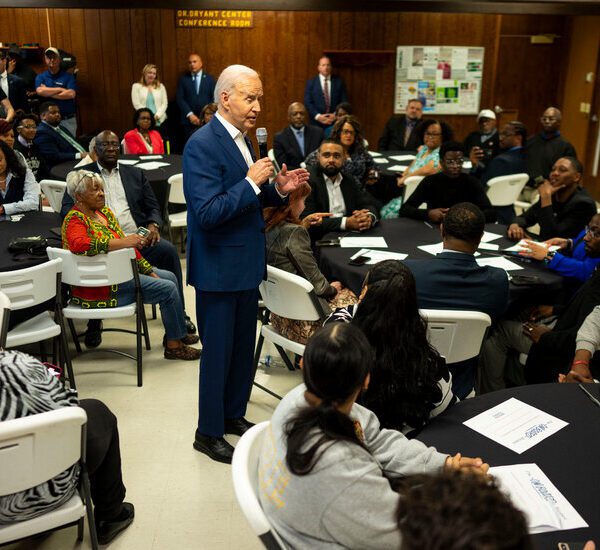TikTok’s begun its legal defense against the U.S. sell-off bill, with representatives from the company appearing in the Federal Court to argue that the bill violates the rights of the app’s 150 million American users.
Which is an interesting angle, and does have some merit, though Government officials remain confident that the bill will be upheld on national security grounds.
To recap, back in April, the U.S. Senate approved a bill to force TikTok into U.S. ownership, due to concerns that the app’s Chinese linkage could expose U.S. users to various security risks.
One of the most discussed issues has been the suggestion that the Chinese Government could gather info on U.S. users through the app, then use that for nefarious purpose. But another point of contention is the suggestion that TikTok seeds pro-China content, at the request of the CCP, in order to sway international opinions in China’s favor.
There’s been no direct evidence shared with the public that suggests that either of these things are actually happening, but U.S. Senators have been briefed by security experts to outline the scope of concern around the app. And that briefing was clearly enough to win over the majority, but again, very little actual detail of these briefings has been shared with the public, which means that having an informed opinion on the case is virtually impossible for those not present in those meetings.
So really, while a lot of people have an opinion as to whether TikTok should be banned or not, that mostly comes down to whether you like the app or don’t. General sentiment, however, is softening over time, with a recent survey showing that fewer Americans now support a full ban.
In its first day in court, TikTok argued that U.S. users have First Amendment protections, and that the sell-off bill, which it claims is effectively a ban due to the logistics of meeting its requirements in the allotted time, violates those rights.
There was no indications from the judges as to how the case might lean, and again, with limited insight into the U.S. Government’s case against the app, we likely won’t have much to go on till the verdict is announced.
If TikTok loses this appeal, it can then apply to have the case re-heard by the full panel of the Federal Court, while it can also ask the Supreme Court to review any decision.
So we’re still a while away from the sell-off being enacted, and TikTok shutting down in the region, though technically, that could happen as early as January, if TikTok can’t sway the courts, and can’t win a further stay of execution.
Though that might also change if Donald Trump wins the November poll, with Trump repeatedly noting that he’ll save TikTok if he’s elected.
Which could be a fairly blatant bid to win over young voters, or it could be that Trump genuinely disagrees with the push, even though he was the one who initially proposed a TikTok ban back in 2020. And Trump’s reasoning, in both instances, is not really aligned with the aforementioned security concerns.
In 2020, Trump said that he wanted to ban TikTok in order to “punish” China for the COVID outbreak. This year, Trump is saying he wants to keep TikTok, because without it, Meta gets more power and influence, and “Facebook has been very bad for our country, especially when it comes to elections.”
So Trump’s motivations are seemingly separate from the national security concerns that saw the Senate vote in favor of the ban, but still, if Trump wins, maybe he’ll find a way to use his executive power to overrule the TikTok ban either way.
But again, right now, we don’t have enough insight to know which way the case is going to go.














